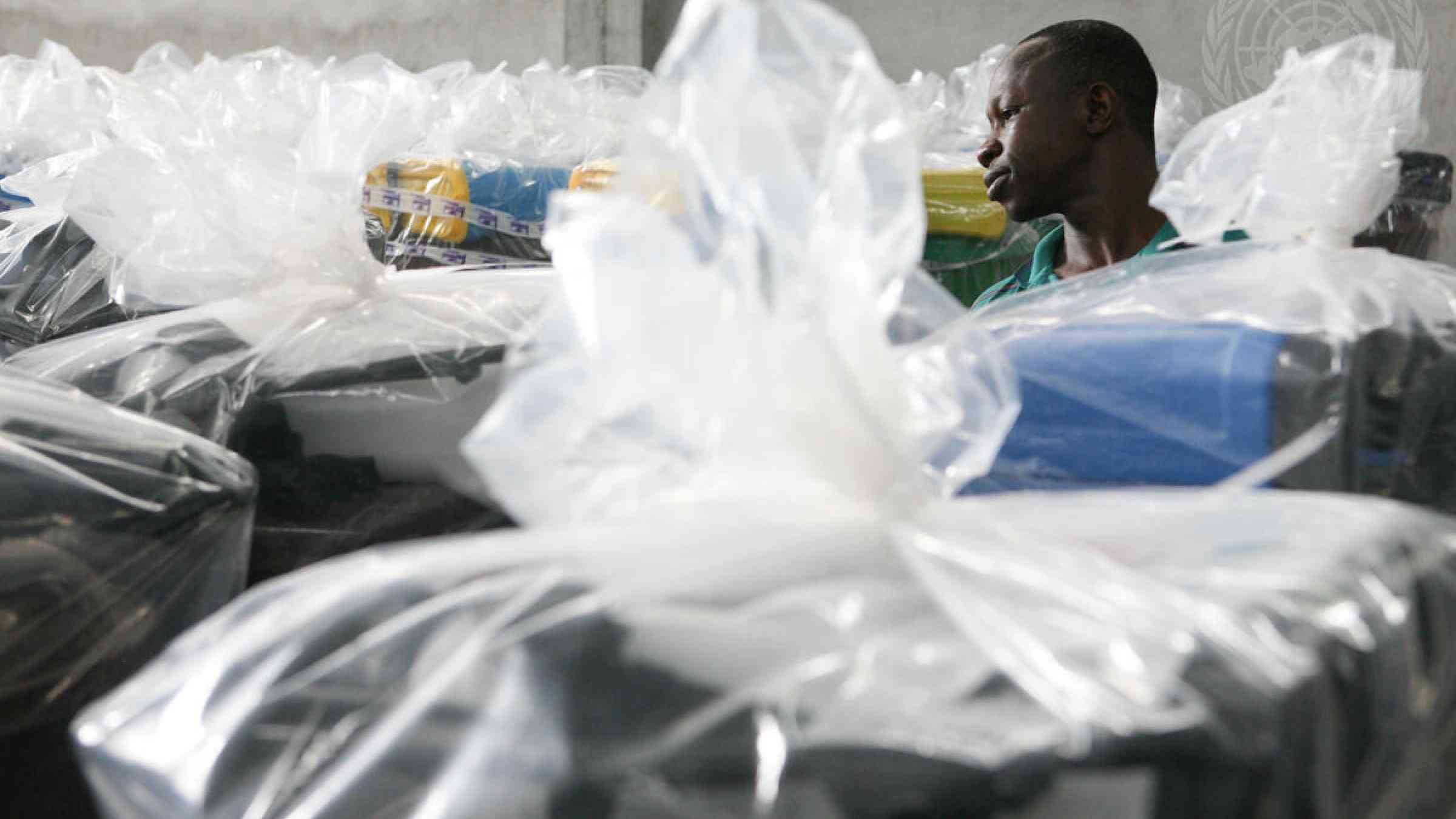Building Resilience Through Recovery
Governments and communities are currently stuck in a vicious cycle where the financial cost of disasters is rapidly rising while funding for recovery and reconstruction are stretched to their limits. This has been especially true for nations, whose main productive sectors have been gravely affected by the COVID crises. The ongoing pandemic and the lessons learnt from it only prove how important it is to address the resilience gaps now before another big disaster strikes.
A change in thinking, planning, and investing is necessary that aims to build back better in a manner that reduces risk for younger and future generations. This forward-looking approach to recovery must take into consideration future complex and cascading risks and address underlying vulnerabilities and inequalities.
There is a strong need for a new “social contract” on investing in disaster risk reduction and resilience as a public good. Such a contract can set out the responsibilities and liabilities of national governments, financing bodies and the private sector, to manage the negative externalities arising from policy and investment decisions that are not risk-informed.
Session objectives
- Identification of priority recovery actions which prevent the creation of new risks and reduce existing risks, and build resilience to future shocks, crises, and pandemics.
- Share identified good practices from recovery and resilience building efforts, including the use of key performance indicators.
- Provide recommendations for the development of recovery strategies that are resilient and inclusive. Consider specific requirements of such strategies for Least Developed Countries (LDCs), Landlocked Developing Countries (LLDCs) and Small Island Developing States (SIDs).
- Identify means to strengthen resilience and preparedness of vulnerable and priority economic sectors.
- Highlight good practices of cooperation between relevant stakeholders.
Moderator
- David Mclachlan-Karr - Regional Director, UNDCO Regional Office for Asia and the Pacific
Speakers
- H.E. Inia Batikoto Seruiratu - Minister for Rural, Maritime Development, Disaster Management, Fiji
- Dragoş Pîslaru - Member of the European Parliament, Chair of the Employment and Social Affairs Committee, European Parliament
- Jameel Abualenain - General Supervisor, General Directorate of Emergency, Disasters, and Ambulance Services, Saudi Arabia
- Junguo Liu - Chair Professor, Southern University of Science and Technology
- Asako Okai - Assistant Secretary-General and Director, Crisis Bureau, UNDP
Experience this event
Watch the session
Documents
Learn more
Read this section to learn more about recovery strategies that are resilient and inclusive and reduce risk and vulnerability to future shocks, ensuring you come prepared to the session.
Where do we stand?
Key challenges include:
- Unprecedented debt accumulation amidst the ongoing COVID-19 pandemic
- Ongoing vicious cycle of disaster-response-recover-repeat due to lack of ex ante investment in resilience
- Lack of risk-informed decision-making
- Ongoing need to address the unequal distribution of impacts on countries and priority sectors
At the same time, there are opportunities which could put us on the path to sustainability and resilience. These include:
- Identification of priority recovery actions which prevent the creation of new risks and reduce existing risks
- Development of recovery strategies that are resilient and inclusive
- Set out responsibilities and liabilities of national governments, financing bodies and the private sector, to manage the negative externalities arising from policy and investment decisions that are not risk-informed
- Improve transparency in recovery spending and accountability of all involved stakeholders to ensure that recovery and stimulus packages are inclusive, and account for resilience
Session guiding questions
- What are some of the key enablers of resilient recovery?
- Are there any applicable examples of good practices?
- What is needed to ensure that public sector, civil society, and private sector investments in recovery are forward-looking and take into account resilience and future risks?
- What actions can be taken to embed disaster risk reduction and resilience into national and local planning for recovery? How do we ensure that the recovery actions are co-designed with the communities at risk?
- What policies and incentives should be put in place to meaningfully engage the investment, banking, and insurance sectors and other important stakeholders in the private sector in financing recovery that builds resilience?
- How can specific economic sectors be supported to better tackle future shocks?

Agenda
Location
BNDCC 2-Ground Floor
Online access
Participation
Open to those registered for the conferenceInterpretation
AR, EN, FR, RU, ES, ZHDetails
Contact
Abhilash Panda, pandaa@un.org Huw Beynon, beynon@un.org
